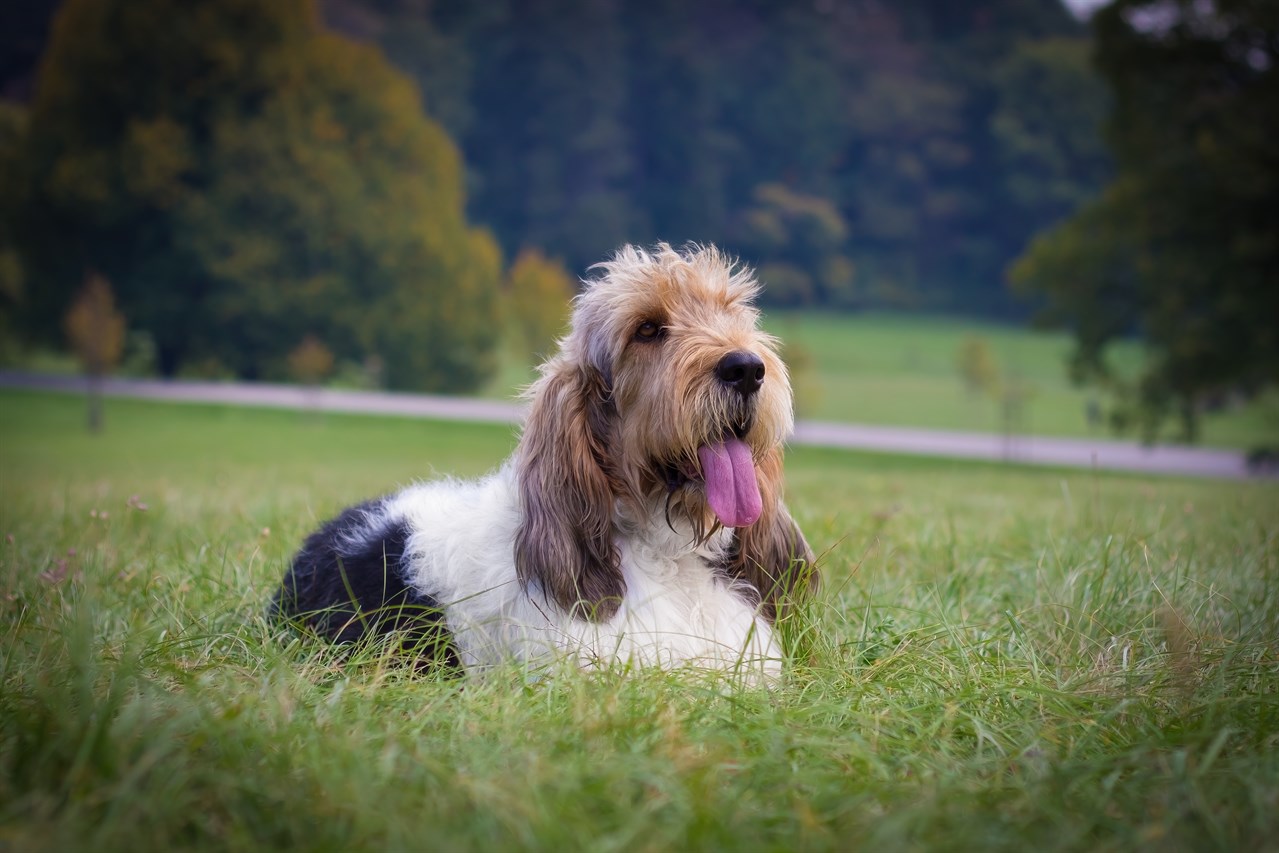Common Health Issues of the Grand Basset Griffon Vendéen

The Grand Basset Griffon Vendéen (GBGV) is generally a healthy and robust breed. However, like all breeds, they can be prone to certain health issues. Responsible breeding practises and regular veterinary care can help mitigate these concerns. Some common health problems associated with GBGVs include.
- Ear Infections: GBGVs have long, floppy ears that can trap moisture, leading to ear infections. Regular ear cleaning and inspection are essential to prevent and detect early signs of infection.
- Hip Dysplasia: This genetic condition can affect GBGVs, leading to hip joint problems and discomfort. Responsible breeding practises can help reduce the risk, and screening tests can identify affected individuals.
- Elbow Dysplasia: Similar to hip dysplasia, elbow dysplasia can occur in GBGVs, causing lameness and pain in the front limbs. It is also subject to genetic screening.
- Intervertebral Disc Disease (IVDD): This spinal condition can affect some GBGVs. It involves the rupture or herniation of spinal discs, leading to pain and mobility issues. IVDD requires prompt veterinary attention.
- Patellar Luxation: This condition involves the displacement of the kneecap and can cause limping or lameness in GBGVs. Surgical correction may be necessary in severe cases.
- Eye Conditions: GBGVs can be prone to certain eye conditions like cataracts and glaucoma. Regular eye exams by a veterinarian can help monitor and address these issues.
- Skin Allergies: Some GBGVs may develop skin allergies, which can cause itching, redness, and discomfort. Identifying and addressing the allergen is essential for managing these conditions.
- Hypothyroidism: An underactive thyroid gland can affect GBGVs, leading to weight gain, lethargy, and skin issues. Medication can manage this condition effectively.
- Bloat (Gastric Torsion): Although not exclusive to GBGVs, this condition is more common in deep-chested breeds like the GBGV. It involves the twisting of the stomach and requires immediate emergency medical attention.
- Obesity: GBGVs have a tendency to gain weight if their diet and exercise are not adequately managed. Obesity can lead to various health problems, including joint issues and diabetes.
Do Griffon Dogs Have Health Problems?
Yes, like many breeds, Griffon dogs, including the Grand Basset Griffon Vendéen, can have health problems. Responsible breeding practises and regular veterinary care are essential for maintaining their health and addressing potential issues.
What Are the Health Problems with Grand Basset Griffon Vendéen?
Common health problems in Grand Basset Griffon Vendéens include ear infections, hip and elbow dysplasia, intervertebral disc disease (IVDD), patellar luxation, eye conditions, skin allergies, hypothyroidism, bloat, and obesity. It's important for owners to be aware of these potential issues and work closely with veterinarians to ensure early detection and appropriate treatment.
Do Griffon Dogs Have Breathing Problems?
Breathing problems are not typically associated with Griffon dogs like the GBGV. However, some brachycephalic breeds (dogs with short noses and flat faces) may be prone to breathing difficulties due to their anatomy. GBGVs have a more typical snout and are not considered brachycephalic, so they generally do not have the same respiratory concerns seen in those breeds.
Grand Basset Griffon Vendeen puppies for sale
- Find Grand Basset Griffon Vendeen puppies for sale in ACT
- Find Grand Basset Griffon Vendeen puppies for sale in NSW
- Find Grand Basset Griffon Vendeen puppies for sale in NT
- Find Grand Basset Griffon Vendeen puppies for sale in QLD
- Find Grand Basset Griffon Vendeen puppies for sale in SA
- Find Grand Basset Griffon Vendeen puppies for sale in TAS
- Find Grand Basset Griffon Vendeen puppies for sale in VIC
- Find Grand Basset Griffon Vendeen puppies for sale in WA